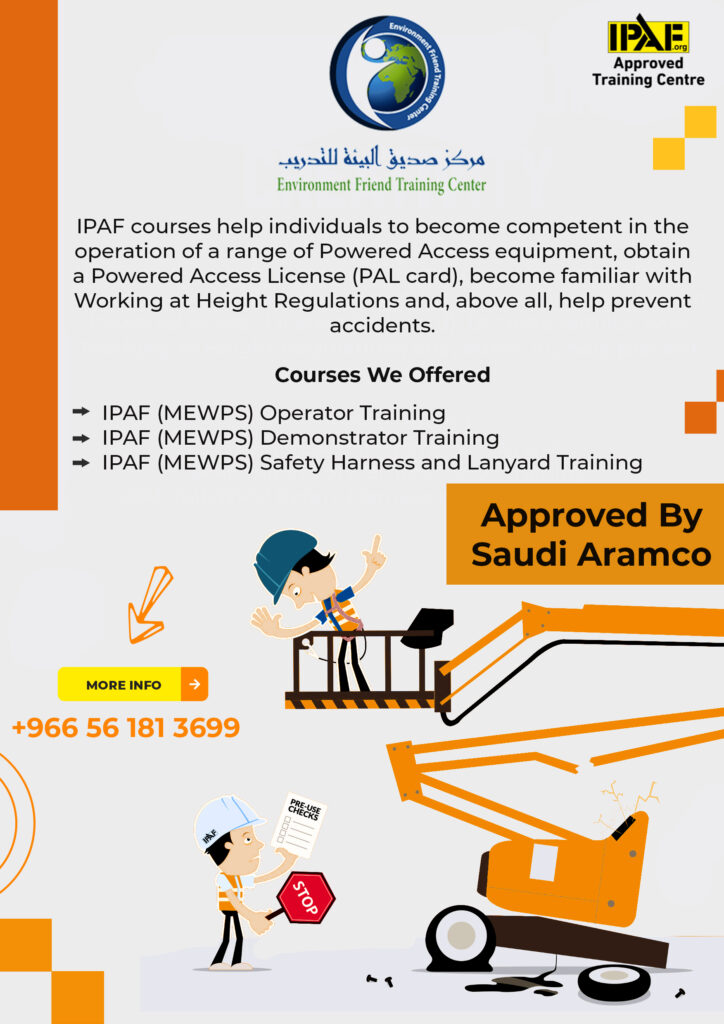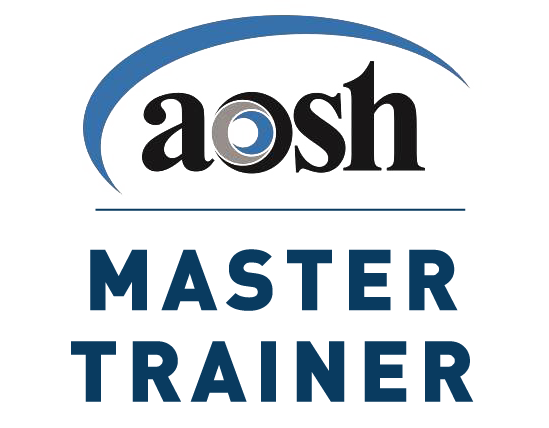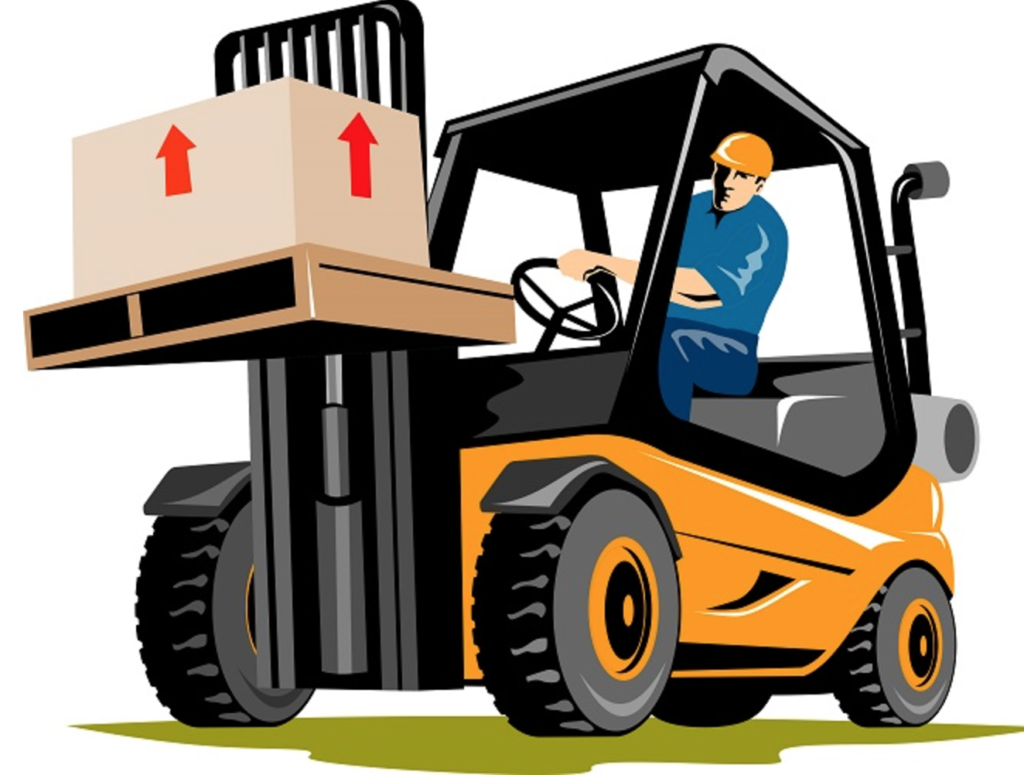Copyright © 2024 EFFTC. All rights reserved.
Our Blogs

Exciting Update: We Are Now an IIRSM Approved Training Center!
We are proud to announce that our training facility has been officially recognized as an IIRSM (International Institute of Risk and Safety Management) approved fire fighting training center! This achievement underscores our dedication to providing high-quality training that prioritizes safety and risk management. In this blog, we want to share what this means for our organization and for those seeking essential fire safety skills.
Why Choose IIRSM Fire Safety Training?
Global Recognition: IIRSM certification is respected across various industries, enhancing the credibility of individuals and organizations committed to fire safety and risk management.
Comprehensive Curriculum: Our fire safety training programs cover a wide range of topics, including fire behavior, prevention strategies, and emergency response procedures. Participants will gain a thorough understanding of fire safety principles and practices.
Experienced Instructors: Our trainers are seasoned professionals with extensive backgrounds in fire safety, emergency response, and risk management. They bring valuable insights and real-world experience to the classroom.
Practical Training: We believe in hands-on learning. Our programs incorporate practical exercises that allow participants to apply their knowledge in real-life scenarios, building confidence and competence in fire safety practices.
Understanding IPAF Approved Training Centers: A Gateway to Safe Aerial Work
In the construction and maintenance industries, safety is paramount. One of the most effective ways to ensure safe operations when working at heights is through proper training. This is where IPAF (International Powered Access Federation) approved training centers come into play. These centers play a crucial role in educating operators on the safe use of powered access equipment, such as cherry pickers and scissor lifts.
The Importance of IPAF Training
Safety First: Training from an IPAF approved center equips operators with the knowledge and skills to handle equipment safely, reducing the risk of accidents and injuries.
Industry Recognition: An IPAF certification is widely recognized in the construction and maintenance industries, giving operators a competitive edge and ensuring employers that they are qualified.
Regulatory Compliance: Many countries require specific training for operators of powered access equipment. Completing IPAF training helps companies comply with local regulations and standards.
Enhanced Skills: Training not only covers the basics of equipment operation but also includes best practices for maintenance, risk assessment, and emergency procedures.


Certification in IOSH (UK)
In the realm of workplace safety and health, the importance of proper training cannot be overstated. The Institution of Occupational Safety and Health (IOSH) offers a range of courses designed to equip individuals and organizations with the knowledge and skills necessary to ensure a safe and healthy working environment. In this blog post, we’ll delve into what IOSH courses entail, why they are essential, and how they can benefit both individuals and businesses alike.
Understanding IOSH
The Institution of Occupational Safety and Health (IOSH) is a globally recognized organization committed to promoting health and safety in the workplace. IOSH offers a variety of courses tailored to different levels of expertise and industries, ranging from entry-level programs to advanced certifications.
Importance of IOSH Courses
Workplace accidents and incidents can have devastating consequences, not only for the individuals involved but also for businesses in terms of financial loss, damage to reputation, and legal implications. IOSH courses provide essential knowledge and skills to identify and mitigate workplace hazards, thus reducing the risk of accidents and creating a safer working environment for all.
Key Benefits of IOSH Courses
- Enhanced Safety Awareness: IOSH courses instill a strong understanding of workplace hazards and how to manage them effectively, empowering individuals to identify potential risks and take proactive measures to prevent accidents.
- Legal Compliance: Many countries have stringent health and safety regulations in place, and employers are legally obligated to ensure a safe working environment for their employees. IOSH courses help businesses meet these regulatory requirements and avoid costly penalties.
- Improved Productivity: A safe working environment is conducive to productivity. By minimizing the risk of accidents and injuries, IOSH-trained employees can focus on their tasks with confidence, leading to increased efficiency and output.
- Reduced Costs: Workplace accidents incur significant costs for businesses, including medical expenses, compensation claims, and production downtime. Investing in IOSH training can help mitigate these costs by preventing accidents from occurring in the first place.
Types of IOSH Courses
IOSH offers a diverse range of courses catering to various industries and job roles. Some of the most popular courses include:
- IOSH Managing Safely: Designed for managers and supervisors, this course provides a comprehensive overview of health and safety management principles, risk assessment, and legal compliance.
- IOSH Working Safely: Geared towards employees at all levels, this entry-level course covers basic health and safety concepts, including hazard identification, risk control, and emergency procedures.
- IOSH Safety for Executives and Directors: Aimed at senior executives and board members, this course emphasizes the strategic importance of health and safety leadership within an organization.

Level 1 Food Hygiene And Safety
In the bustling world of food service, ensuring the safety and hygiene of food products is paramount. At the foundation of this commitment lies Level 1 Food Hygiene and Safety training, a fundamental course designed to impart essential knowledge and practices to food handlers. In this blog summary, we’ll explore the key takeaways from Level 1 Food Hygiene and Safety training, highlighting its importance and the benefits it brings to both individuals and businesses.

Certified Master Trainer
In the dynamic landscape of occupational safety and health (OSH), the role of a trainer holds immense significance. AOSH (American Occupational Safety and Health) Certified Master Trainer is a prestigious designation that signifies expertise, dedication, and leadership in the field of workplace safety. In this blog post, we’ll explore what it takes to become an AOSH Certified Master Trainer, the benefits of this certification, and the impact it can have on individuals and organizations.

Forklift Safe Operation
In the bustling environments of warehouses, construction sites, and industrial facilities, forklifts are indispensable tools for moving heavy loads efficiently. However, their power and utility come with inherent risks, making safe operation paramount. In this blog post, we’ll delve into the critical aspects of forklift safe operation, exploring best practices, training requirements, and the importance of prioritizing safety in all forklift operations.

Understanding NASP 30 Hours – General Industry
The NASP 30 Hours – General Industry course is designed to provide a comprehensive overview of workplace safety principles, regulations, and best practices applicable to a wide range of industries outside of construction. It covers essential topics such as hazard recognition, risk assessment, safety management systems, and regulatory compliance, empowering participants to identify, assess, and mitigate workplace hazards effectively.
ENVIRONMENT FRIEND TRAINING CENTER (EFTC)
Welcome to ENVIRONMENT FRIEND TRAINING CENTER – Your No. 1 Training Center in Dammam for Comprehensive Safety Training!
Are you searching for the best training center in Dammam that excels in safety training, including confined space training? Look no further! We take pride in being the leading training center in Dammam, offering top-notch safety training services throughout Saudi Arabia.

- Safety Training: We specialize in providing high-quality safety training programs tailored to meet industry standards. Our focus on safety encompasses various aspects, including confined space training.
- Best Training Center: As the best training center in Dammam, our commitment to excellence is unwavering. Our training programs are designed to exceed expectations, ensuring a comprehensive and hands-on learning experience.
gf
For more detail contact us sales@eftcsaudi.com
For more detail contact us sales@eftcsaudi.com

